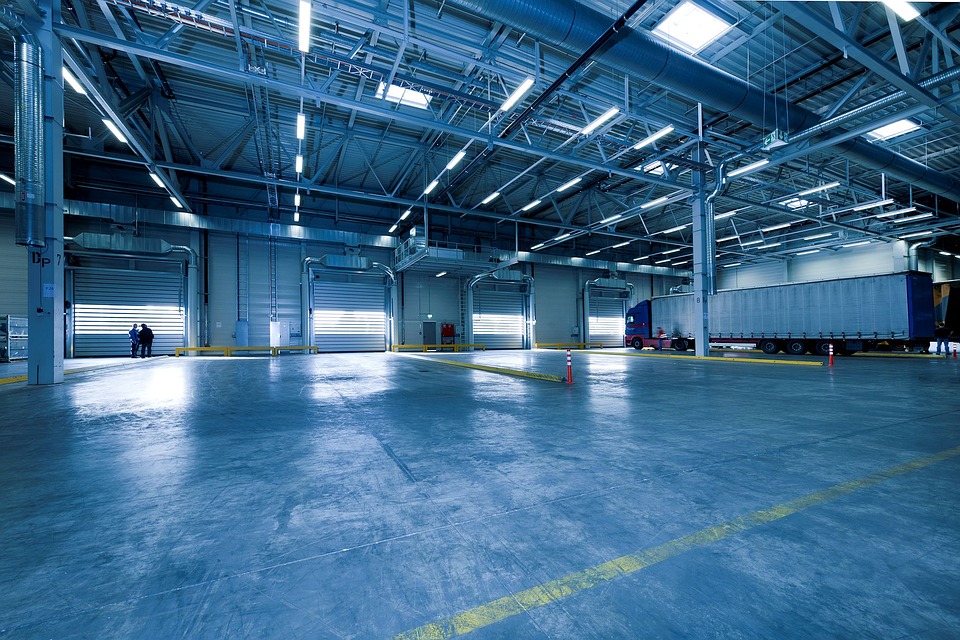When examining the industries that have provided crucial services and supplies during the pandemic, many lead back to the need for industrial space.
It is undeniable—the market trends the industry was forecasting at the end of 2019 no longer apply in 2020. In December, no executive was predicting the nation’s unemployment rate would go from a five-decade low to an eight-decade high in a matter of months. In today’s widespread market uncertainty, there is one constant for real estate investors: industrial development has been the buzzworthy asset class of real estate for some time, and this trend is primed to accelerate in the COVID-19 landscape. This is not to say this sector is immune from the recession, but ultimately its growth will likely remain not only steady, but accelerated.
Historically, industrial real estate has held the reputation as a more stable asset class through all parts of the real estate cycle. This property type tends to stand the test of time, as it often sees favorable occupancy data, steady demand, longer-term tenants and higher yields. The facilities also require lower maintenance and re-tenanting costs in order to remain competitive in the market. Office properties, for example, can require significant facility improvements to replace income with new tenants, who bring their own unique needs for the space. Given that many industrial tenants have relatively consistent needs from the facility—first and foremost, large, vacant space rather than aesthetics or trendy amenities—the reinvestment costs tend to be lower.
In today’s environment, it is undeniable that the COVID-19 pandemic has upended the course of business. The world has seen significant shifts across markets, and the way we operate will likely be impacted well into the future. But when examining the industries that have provided crucial services and supplies during the pandemic, many lead back to the need for industrial space. In fact, during the pandemic, supply chain operations and logistics-related assets have proven to be critical to our nation’s immediate needs.





